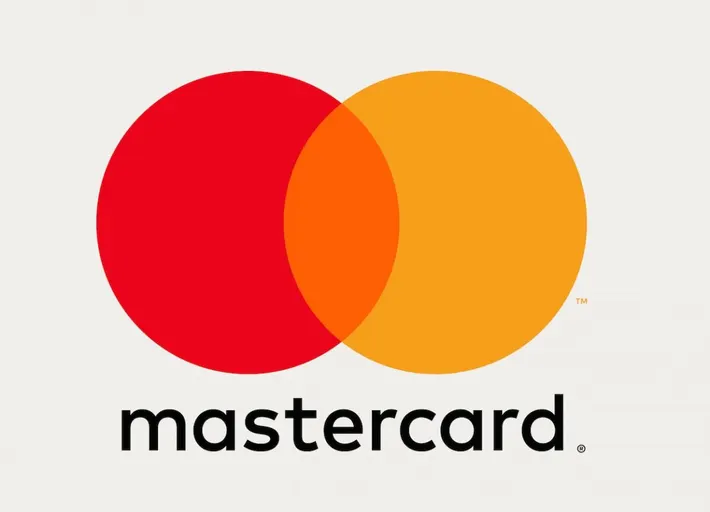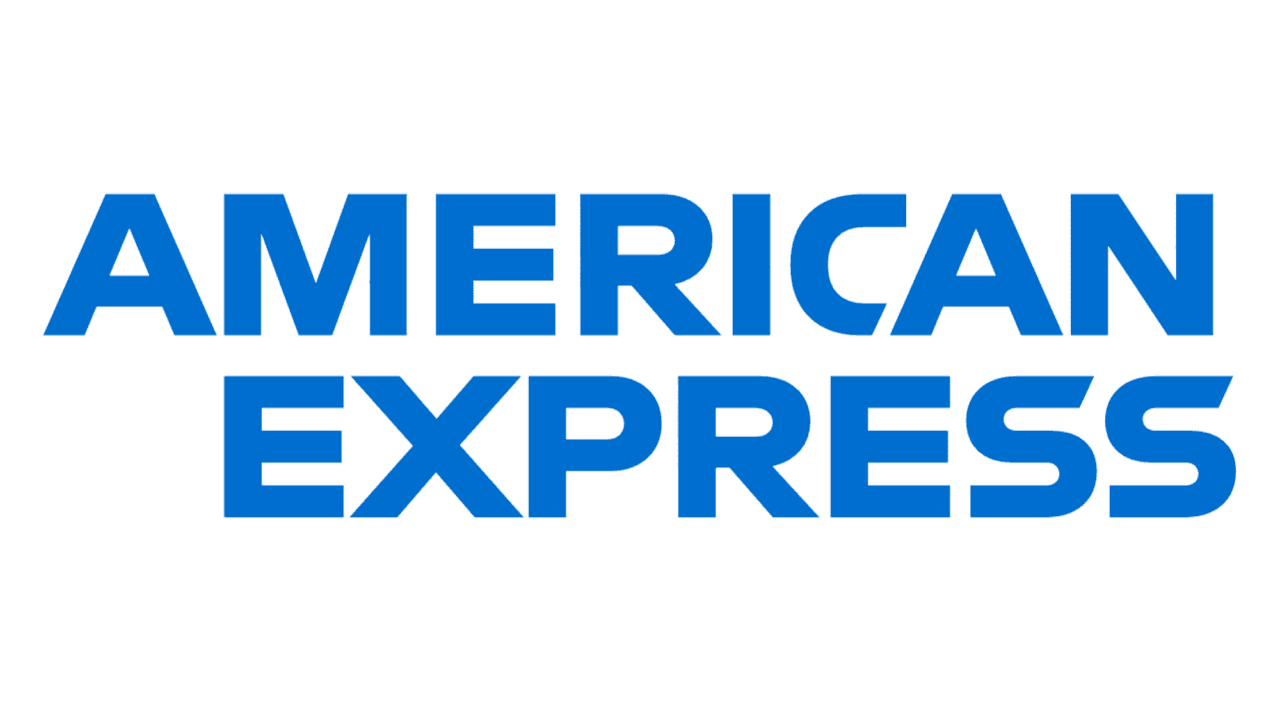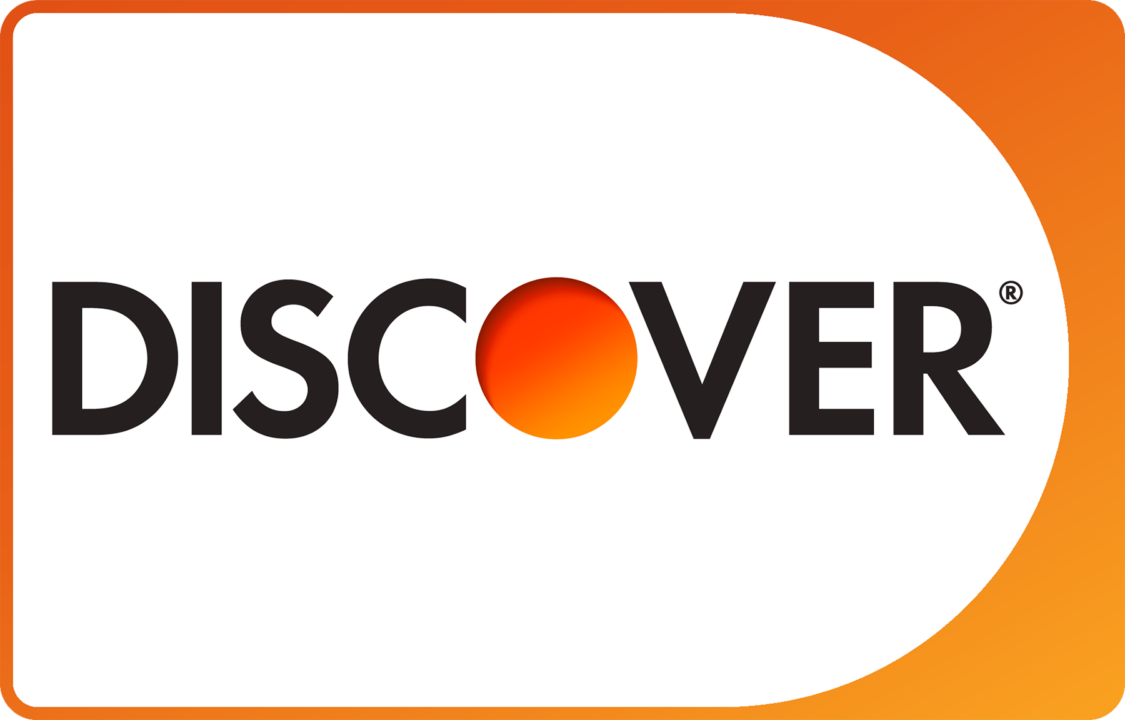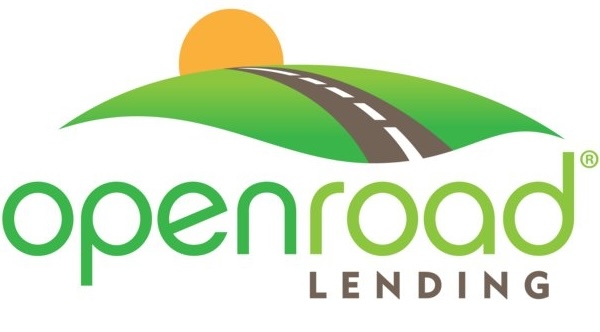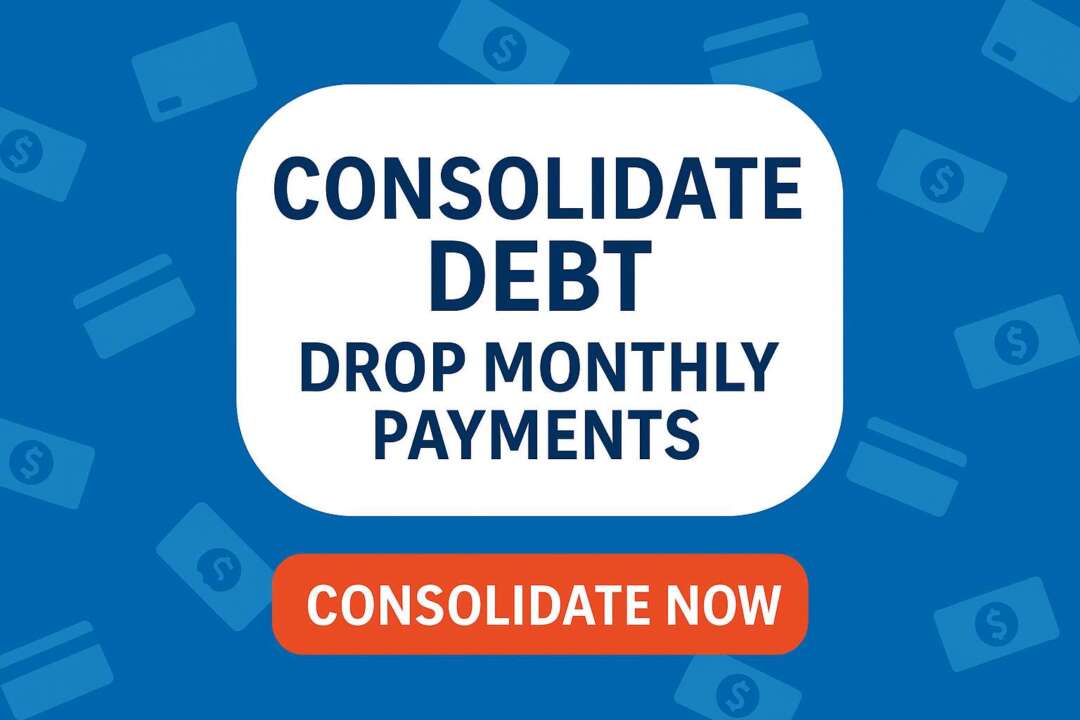Preparing Yourself for a Personal Loan. DON’T LET LENDERS TAKE ADVANTAGE OF YOU. What to know about personal loans so you don’t get taken advantage of
We’ve spent years in the lending industry and know a thing or two about the inside workings of personal loan companies. Here are 10 things to know before taking a personal loan.
#1: APR doesn’t always mean how much interest you’ll pay for a personal loan.
APR stands for Annual Percentage Rate and it is an annualized measure of what you will pay when you borrow money. That “annual” is especially important when you are thinking about short-term lending. Let’s say you borrow $100 at a 36% APR. You will only pay $36 in interest if you hold the loan for a full year and pay off the full amount at the end of the year. If you pay off the loan with a lump sum in one month, you will pay a total of $2.96 in interest.
#2: Interest is accrued daily
Did you know that the interest rate charged on a personal loan is accrued at a daily rate? For example, let’s suppose your interest rate is 24%. That’s an annual number. So, to understand what you are charged per day, you divide 24% by 365 days. Your daily loan balance will be multiplied by 0.0006575 to get the daily accrued interest.
#3: APR and interest rate are not the same thing
When it comes to loans, the APR and the interest rate are not necessarily the same thing. In fact, the APR is the annualized cost of borrowing money, but the interest rate is the rate at which you accrue interest. If your loan has an origination fee, that will to be included in your APR. So, in that case, your APR would be higher than your interest rate.
#4: Origination fees come out of the proceeds of the personal loan
Origination fees come out of the proceeds of the loan. That means that if you borrow $10,000 with an origination fee of 5%, you will only recieve $9,500, but you will still need to repay $10,000.
#5: Origination fees are part of the APR
Origination fees are part of the APR. The Annual Percentage Rate should include all the unavoidable fees associated with borrowing money. That means that your APR will include the origination fee plus the interest rate. It shouldn’t include fees like late fees or NSF fees because you can avoid them.
#6: Choose the lower origination fee
If two loans have the exact same APR, you should choose the one that has the lower origination fee. Why? Well, because the origination fee is included in the APR, but you don’t get reimbursed for it if you pay the loan off early. If you pay the loans off early, the loan with the higher origination fee will have a higher effective APR even if it had the same stated APR.
#7: Paying off the personal loan can hurt your credit score
When you pay off your personal loan, your credit score could actually go DOWN. Wait, what?! I know it doesn’t seem fair, but it could happen for a couple of reasons. It could decrease your average age of credit when a long-standing personal loan account is closed. When that account closes, it could decrease the number or diversity of your credit accounts, as well. And in some cases, it could negatively affect your credit utilization. But don’t worry about any of this nonsense: you should still pay off your personal loan as soon as possible.
#8: Don’t take a loan because of the payment size
You should never decide to take a loan simply because you can afford the monthly payment. Why? Well, the monthly payment is a terrible measure for the cost of the loan. You can dramatically decrease the monthly payment by extending the term length from 2 years to 5 years, but doing that will mean spending A LOT more money on interest.
#9: Lenders don’t use your credit score
Most lenders do not actually use your credit score when deciding whether to lend you money. Lenders usually have their own proprietary algorithm for determining who to lend money to. This algorithm will include a lot of information from your credit report, but will also include other things like income and affordability. Credit score might be a decent proxy for your person credit-worthiness, but lenders don’t actually use it.
#10: Lenders will work with you
The best lenders will work with you if you tell them that you are going to struggle to make an upcoming payment. But many times their policies make it very hard to work with you after you have already missed a payment. It is always better to reach out to them as soon as you can see there is going to be a problem. If nothing else, you may be able to avoid a late fee or an NSF fee.
Bonus: Don’t rely on a single offer
If you think you need a personal loan, the best thing you can do is shop around. Before accepting a loan, you should get two or three offers. That way you can be sure you are getting the best deal available for your situation. At The Yukon Project, we’ve tried to make shopping around easy. If you go to our marketplace page, you can apply to any one of our featured lenders and we will check your rate with up to 40 additional lenders behind the scenes. Our partners do a soft credit check to review your information, so applying won’t hurt your credit score. We will show you all the approvals so you can choose the best offer for you.
If you have a specific question about personal loans, post a comment below. And please, like this video and subscribe to our channel so we can continue to bring you unbiased personal finance information.
Stop paying the high interest rates from carrying a monthly balance on your credit card!
Soft Credit Pull, Up To 40 Lenders at Once, See what you’re approved for!














